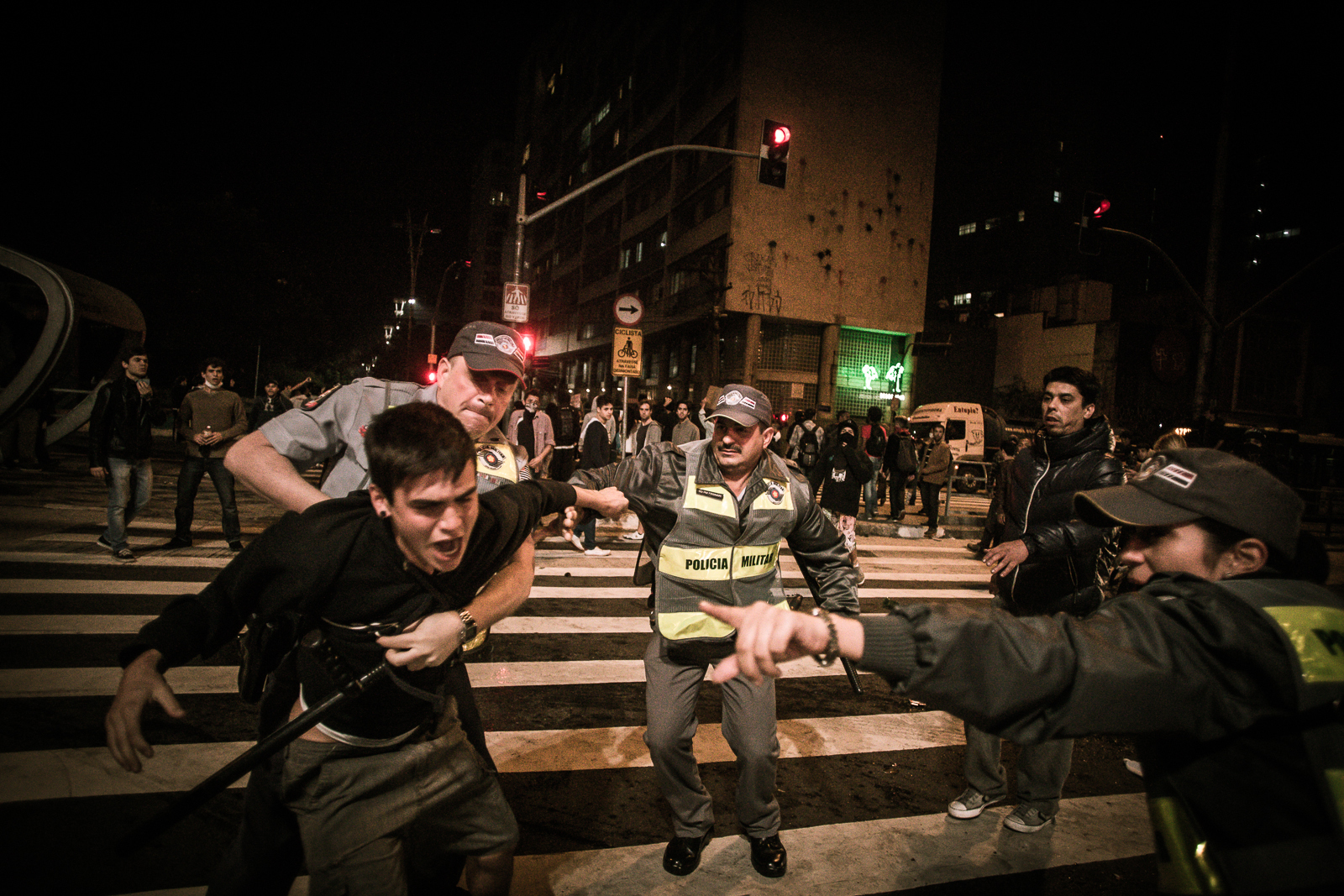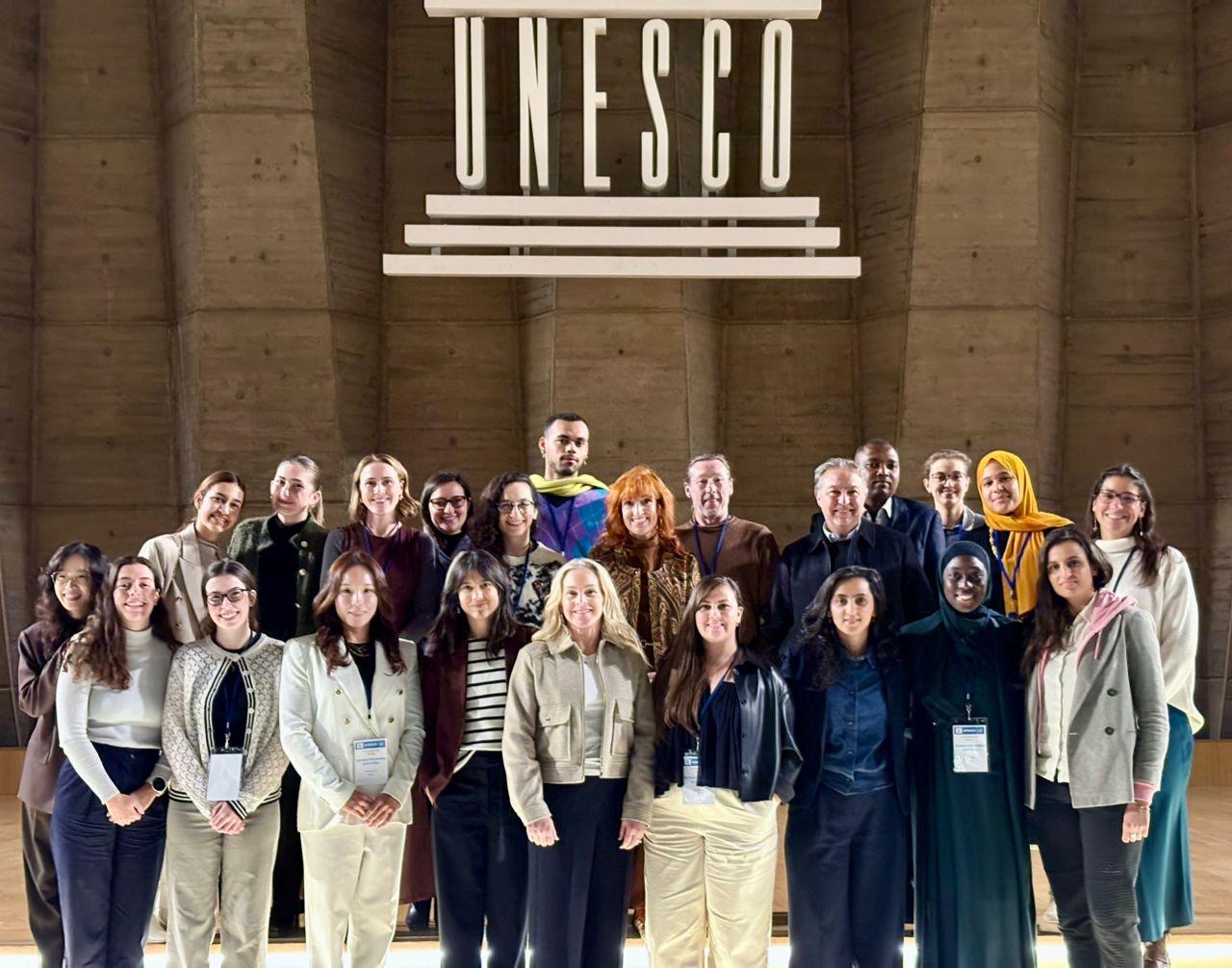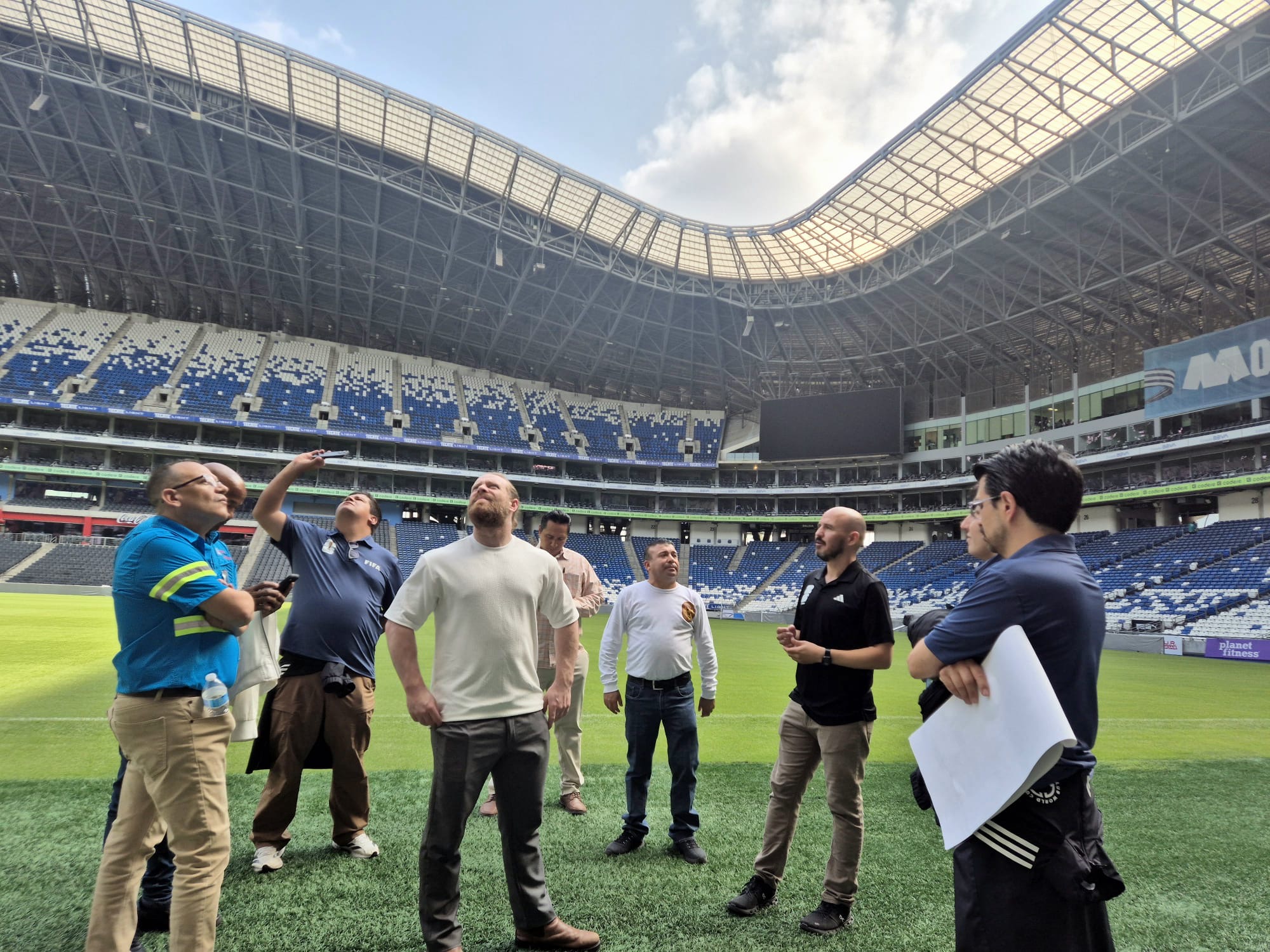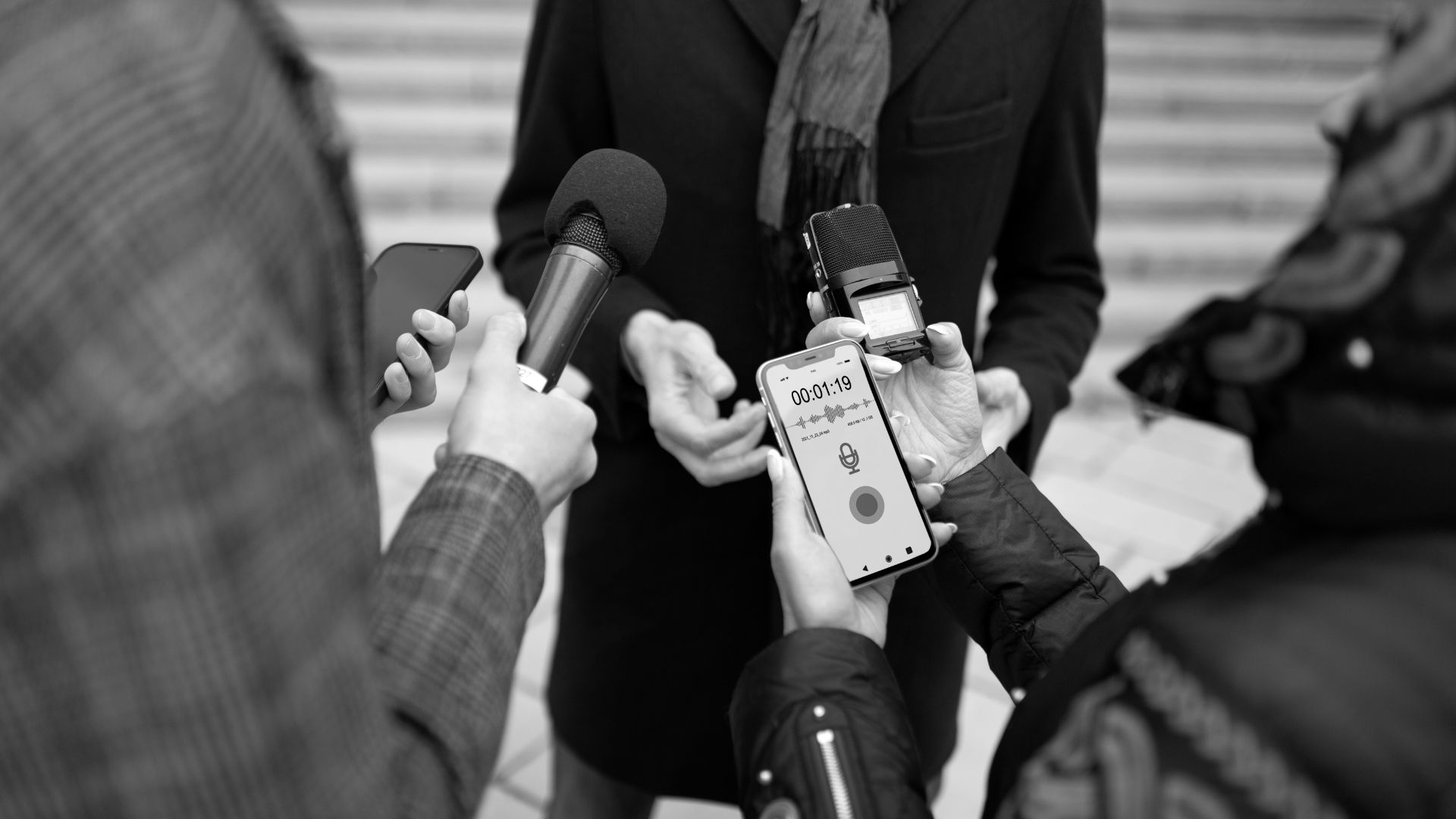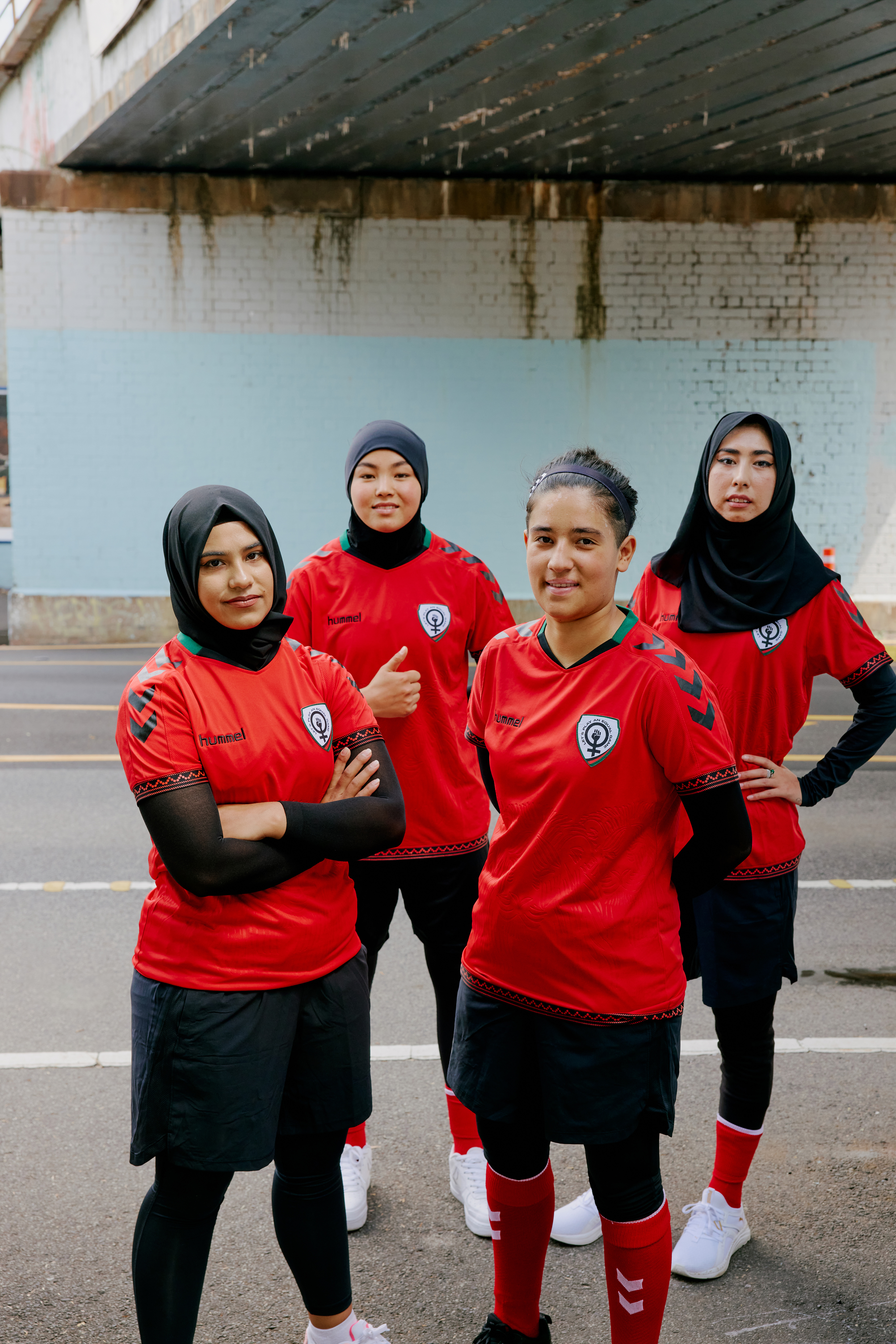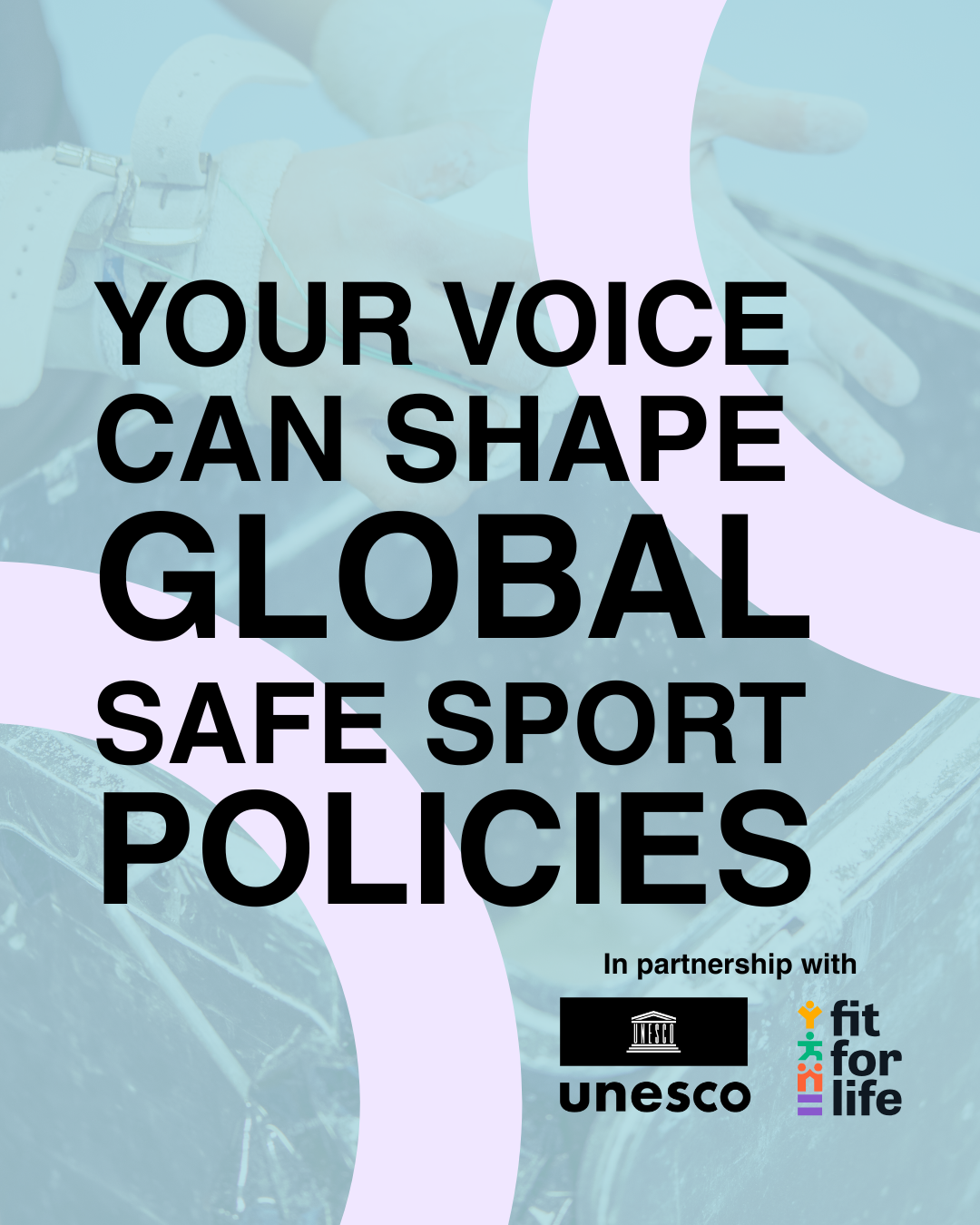In 2016, the Summer Olympics are held in Brazil. This requires a great effort: building sports facilities, hotels and infrastructure. A lot needs to be done, also in the field of human rights. For example to prevent excessive police force against peaceful demonstrators. In Brazil, demonstrators are arbitrarily detained and labelled as criminals by charging them with ‘criminal offences’. Prison conditions are extremely harsh due to overcrowding, violence and torture. The rights of indigenous peoples are frequently violated. And even though gay marriage is legalized in Brazil, lesbians, gays and transgenders widely suffer from discrimination and violence.
Read about the right to protest in Brazil: Brazil: “They use a strategy of fear”- Protecting the rights to protest in Brazil
Excessive police violence
Extrajudicial executions at the hands of police officials are frequent in Brazil. In the context of the so-called “war on drugs”, military police forces have unnecessarily and excessively used lethal force, resulting in the deaths of thousands of people over the past decade. The authorities often use the legal term of “resistance followed by death” as a smokescreen to cover up killings committed by the police officers.
Nearly 16 percent of the total homicides registered in Rio de Janeiro in the last five years took place at the hands of on-duty police officers – 1,519 in total. Only in the favela of Acari, in the north of the city, Amnesty International found evidence that strongly suggests the occurrence of extrajudicial executions in at least 9 out of 10 killings committed by the military police in 2014. The majority of victims of police killings registered from 2010 to 2013 are young black men of between 15 and 29 years of age.
Read more about police violence in: Brazil: You killed my son: Homicides by military police in the city of Rio de Janeiro
